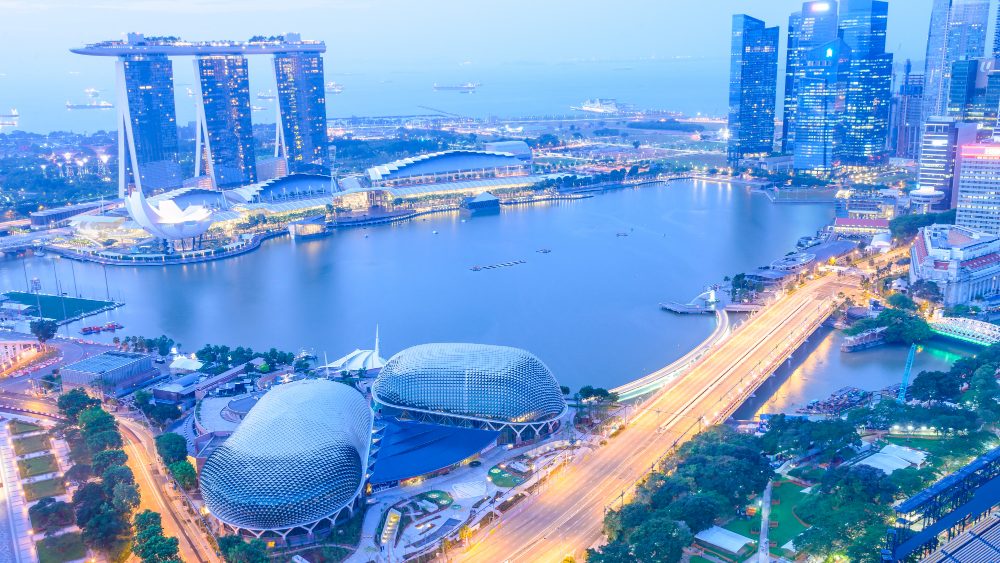SINGAPORE: In a recent Parliamentary session, Singapore’s Minister of State for Trade and Industry, Mr Alvin Tan, addressed mounting concerns regarding the potential impact of the Johor-Singapore Special Economic Zone (JS-SEZ).
While acknowledging that the establishment of the zone has sparked fears that specific local industries may suffer, particularly with the relocation of businesses and investments to Malaysia, Mr Tan reassured the House that the government is actively monitoring the situation. The comments came in response to inquiries from Member of Parliament (MP) Saktiandi Supaat, who expressed concern over how the local transport and logistics sector might be affected and broader issues of competition between Singapore and Malaysia.
In the latest Business Times report, the Singapore Transport Association, which Saktiandi advises, expressed concerns about Malaysian logistics operations potentially entering Singapore’s market, creating an uneven playing field for local businesses. The MP asked for clarification on measures to mitigate the overlap in incentives between the two countries and safeguard Singapore’s business interests.
Strategic benefits and potential opportunities
If executed strategically, the JS-SEZ could significantly enhance Singapore’s competitiveness, stressed Mr Tan. He highlighted the considerable investment interest in the zone, with over 100 Singapore companies expected to participate in the Singapore Business Federation’s upcoming mission to Johor.
According to him, the JS-SEZ offers an opportunity to build upon Singapore’s strengths, notably by offering companies the flexibility to twine operations between countries. Several Singapore-based firms have already adopted this model, which maintains headquarters and research functions in Singapore while establishing operations in Johor to capitalise on the region’s resources.
“The JS-SEZ seeks to capitalise on the complementary strengths of Singapore and Johor,” he explained. He further outlined how industries across manufacturing, logistics, and digital sectors could thrive with improved cross-border flows and easier business operations, strengthening Singapore’s global competitiveness. He pointed to recent investments such as Agrocorp International’s new plant protein extraction facility in Malaysia, which serves the Malaysian market and creates value for Singapore’s economy.
Government support for businesses engaged in the JS-SEZ
Addressing concerns about how local companies can benefit from the JS-SEZ, Mr Tan assured stakeholders that existing government support schemes would continue to be available for businesses looking to expand into the zone. Programmes such as the Market Readiness Assistance grant and the Enterprise Financing Scheme will help Singapore companies maximise JS-SEZ’s opportunities. Meanwhile, Malaysia has introduced its own set of incentives, including tax benefits for qualifying investments in the zone.
Mr Tan further confirmed that Singapore and Malaysia continue to discuss the project, and more details are expected to be released soon. As both countries work to attract new investments and foster economic growth, the government remains vigilant in balancing the JS-SEZ’s benefits with its potential impacts on local industries.

